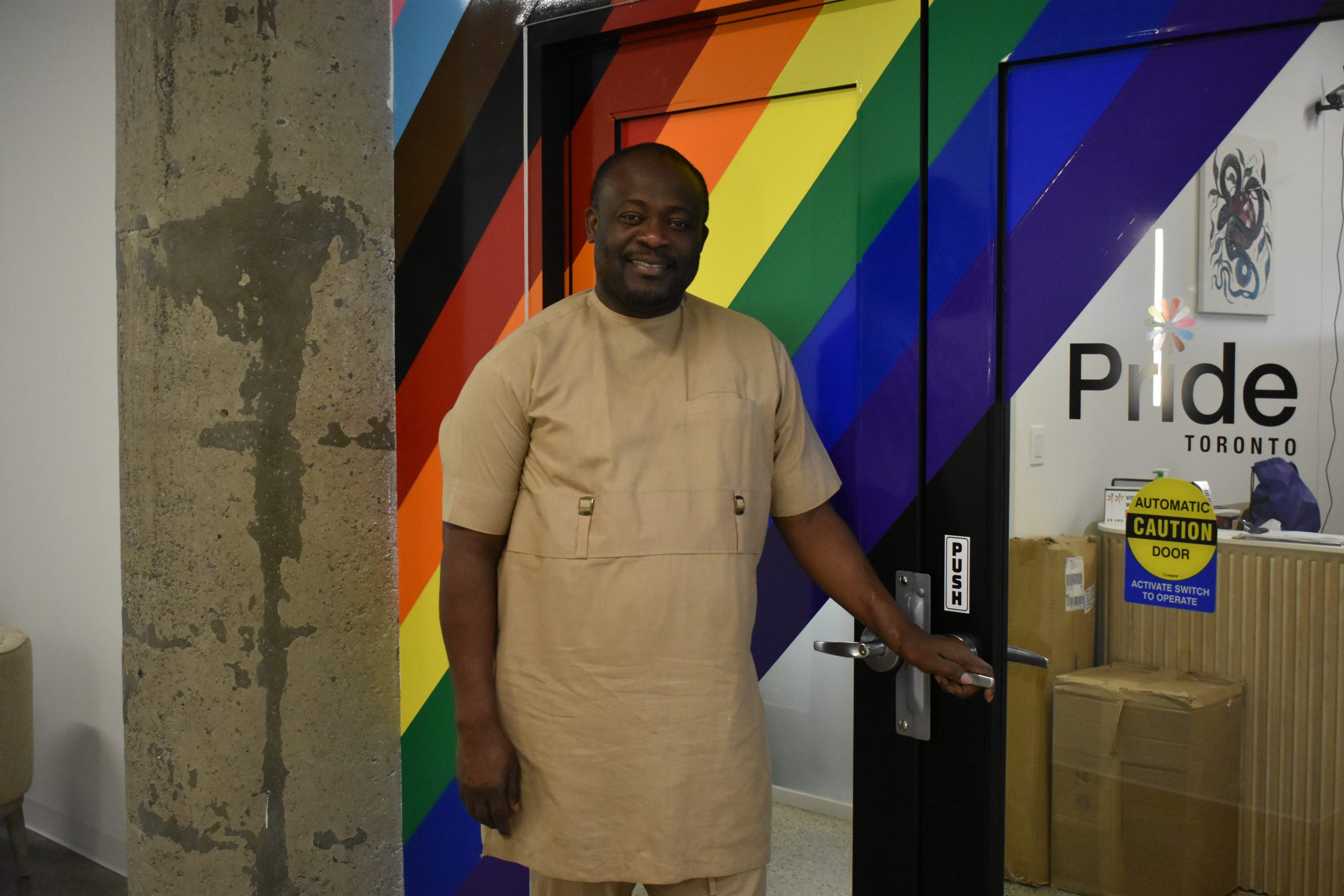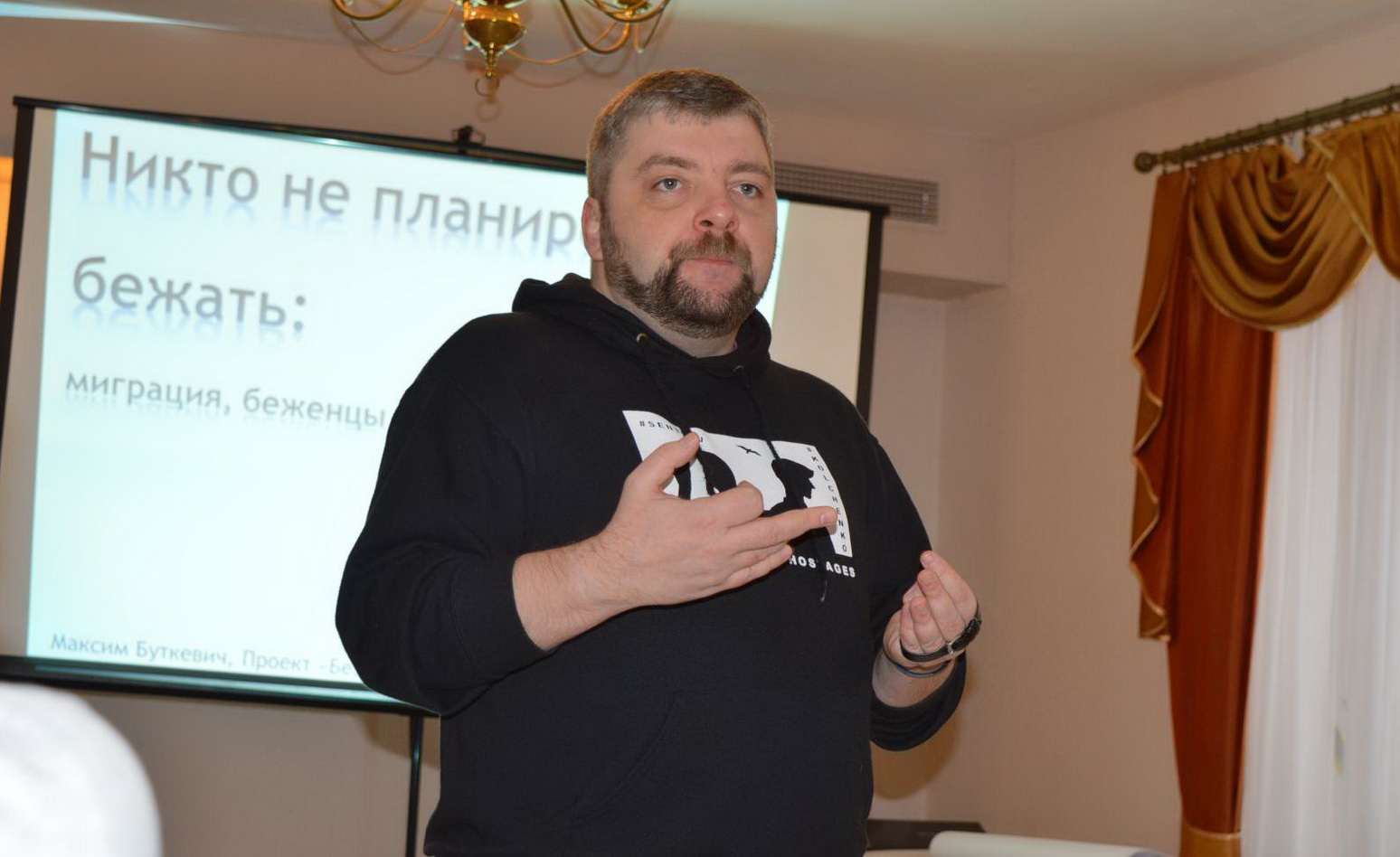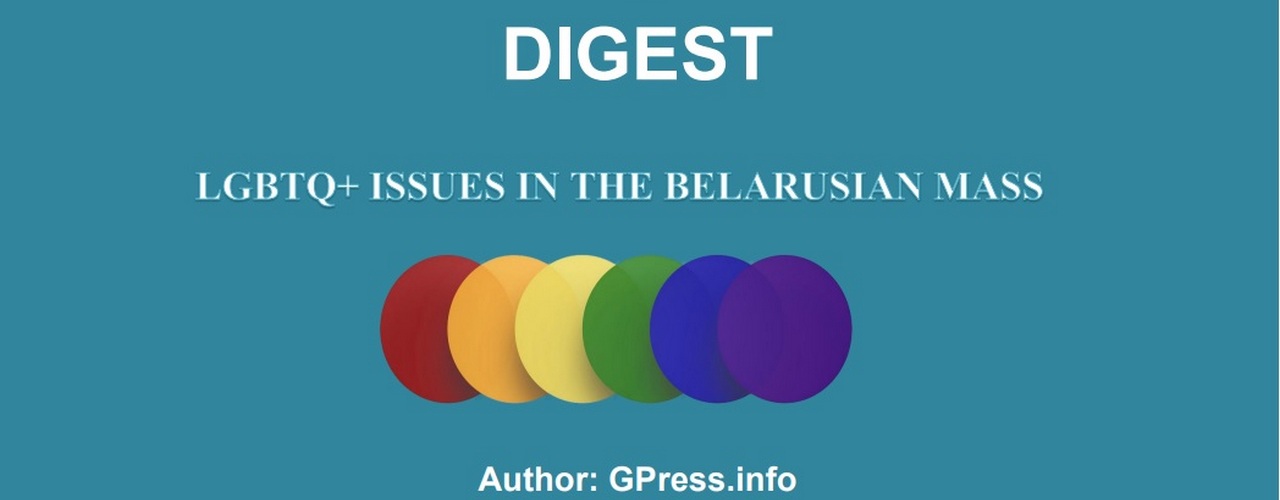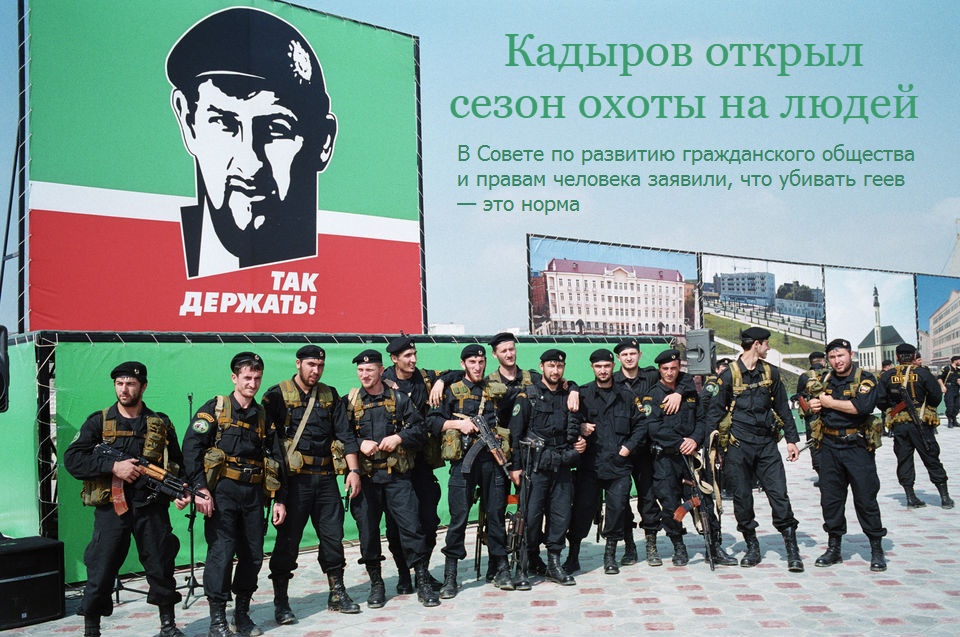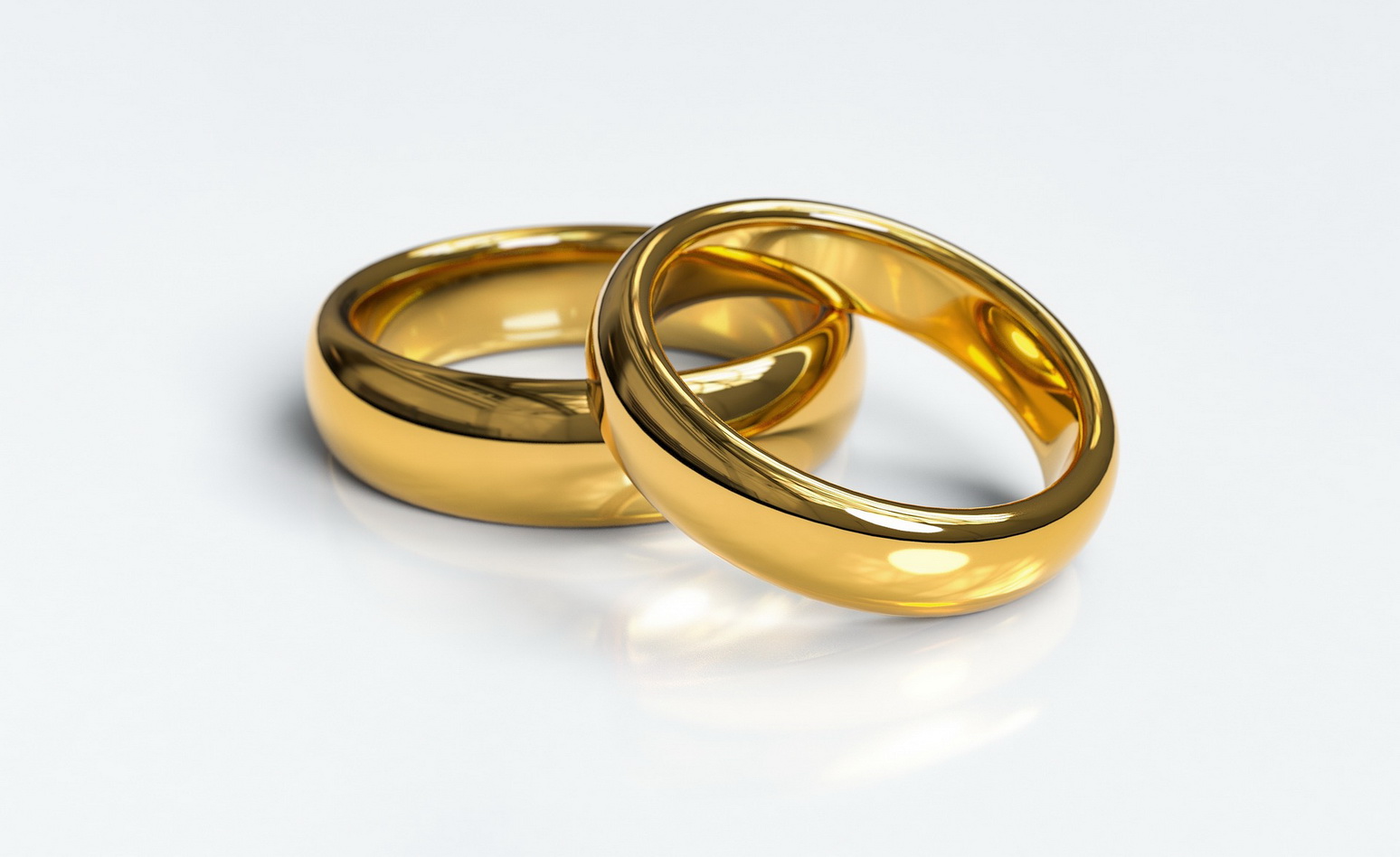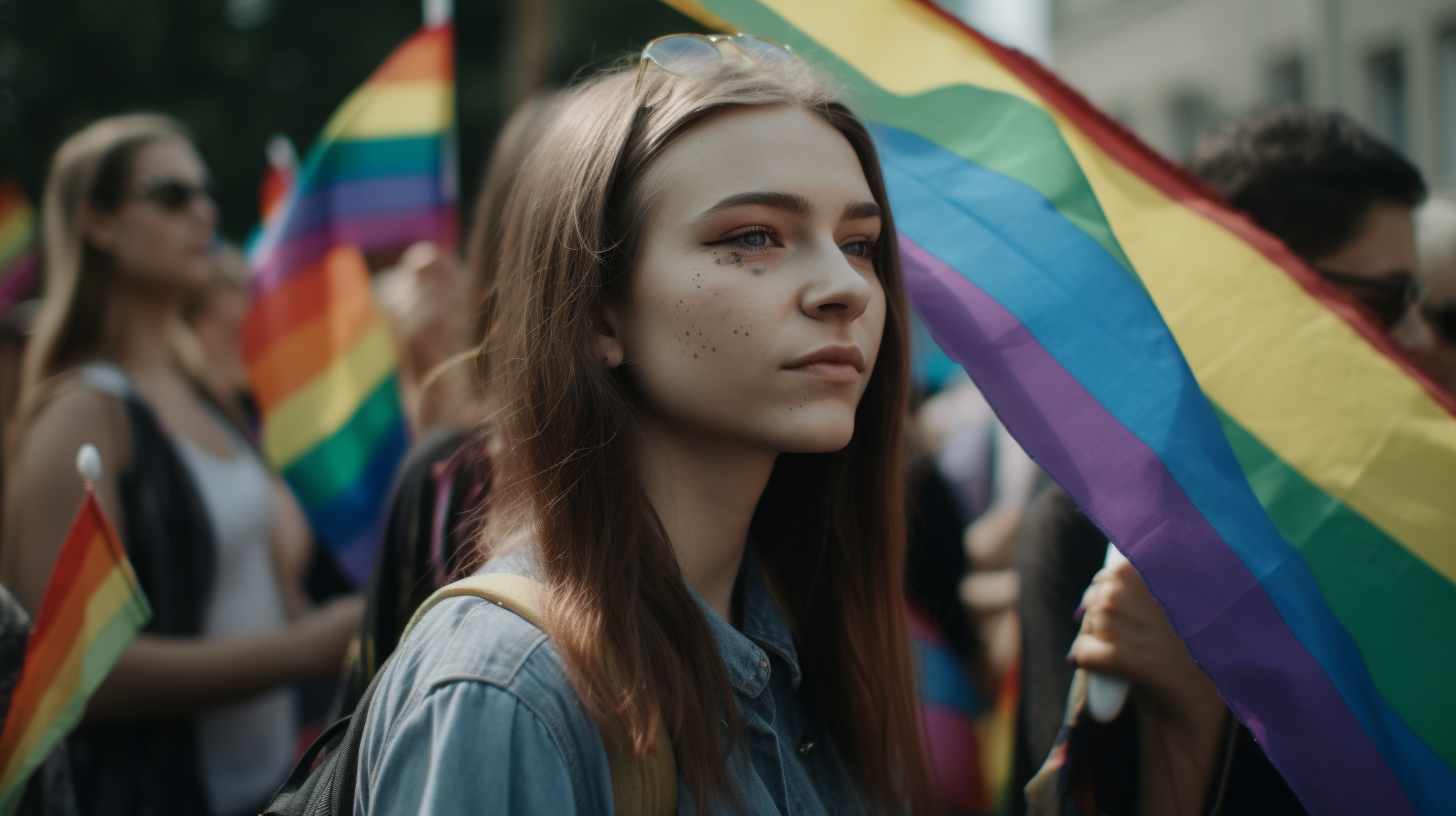
Belarus Calls LGBT Lives ‘Pornography’
“Depicting” LGBT Relationships May Be Punishable with a Prison Sentence.
Belarus has hit a new low in its targeting of lesbian, gay, bisexual, and transgender (LGBT) people. As of today, the definition of pornography under Belarusian law will include depictions of same-sex relationships as well as transgender people.
The Culture Ministry recently amended its decree on “erotic materials” to classify “homosexualism, lesbian love” and the “desire to live and be seen by others as a person of an opposite sex”—a reference to transgender people—as “non-traditional sexual relationship or behavior.” This places depictions of LGBT people alongside those of necrophilia, pedophilia, and voyeurism, all of which legally constitute “non-traditional relationships.”
Under Belarusian law, they all may also constitute pornography.
Public displays of pornography are punishable in Belarus with up to four years in prison. Child pornography is punishable with up to 13 years behind bars.
While it is not yet clear what kinds of depictions of LGBT people could fall under the new definition of pornography, it clearly aims to assault the dignity of sexual and gender minorities, people already demonized and at risk of persecution in Belarus.
Belarusian public officials and religious groups periodically advocate for introducing administrative and criminal liability for “non-traditional sexual relationship and gender change propaganda.” Neighboring Russia recently expanded its anti-gay propaganda law and banned the “international LGBT movement” as extremist.
In 2020, police arrested numerous peaceful protesters who demonstrated against the rigged presidential elections. Belarusian rights groups documented the systematic and widespread ill-treatment and torture of the protesters, reporting that people perceived as LGBT faced an increased risk of police violence and threats of sexualized violence.
Since then, Belarusian authorities have used public humiliation as a shaming tool against critics who are perceived to be or are LGBT. In one such instance, police forced a detainee, arrested for leaving a critical comment online, to “confess” on camera to being gay. At the end of the horrific video, he said: “I understand this is immoral, I promise to correct it.”
In their brutal assault against civil society in recent years, Belarusian authorities shut down all human rights organizations, including LGBT rights groups, leaving LGBT people with even less protection.
Belarus should annul these despicable amendments and stop cynically targeting LGBT people.


